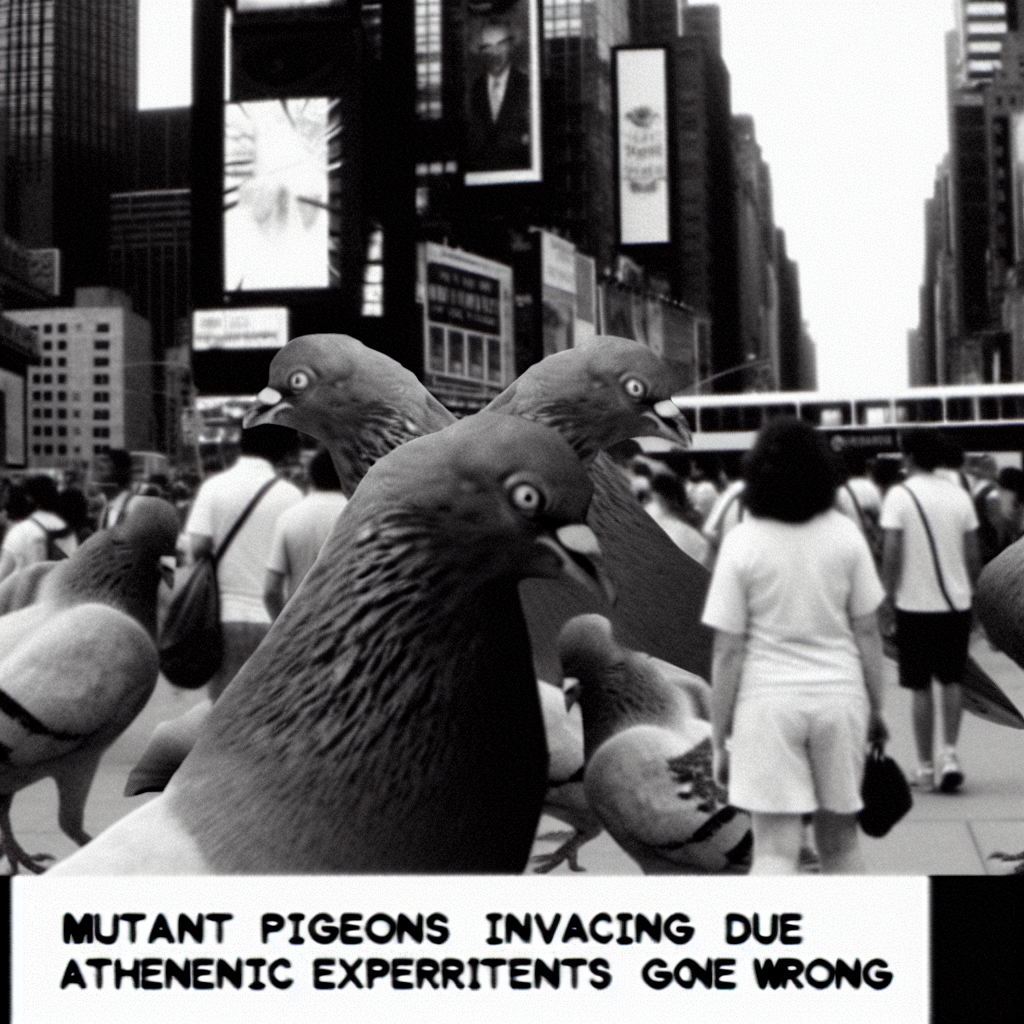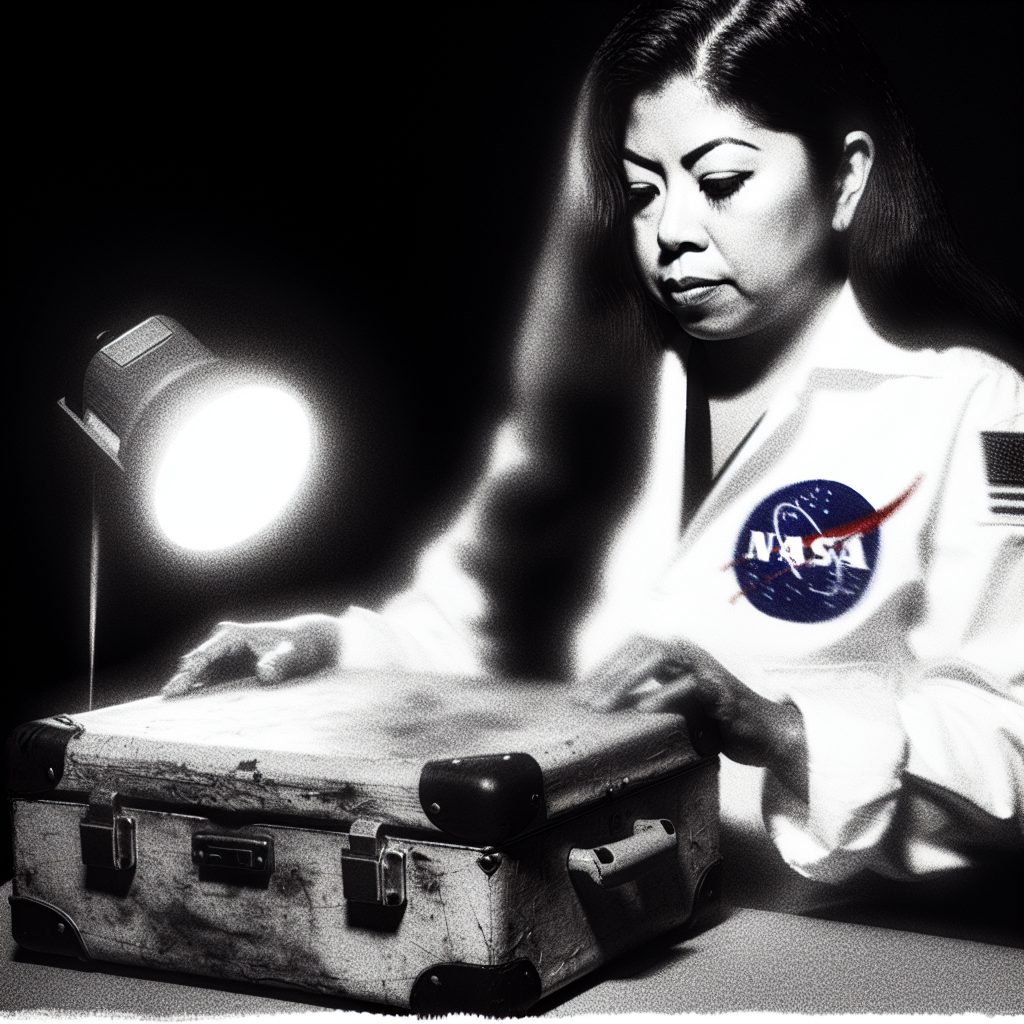Study Finds Men Can Only See Ketchup in Fridge When…
Researchers baffled by "selective refrigerator blindness syndrome"
MILWAUKEE, WI – A groundbreaking study conducted at the University of Wisconsin has uncovered what researchers are calling the most shocking gender-based phenomenon since the discovery of man flu. The controversial findings reveal that heterosexual men suffer from a previously unknown condition dubbed “Selective Refrigerator Blindness Syndrome” (SRBS), rendering them completely unable to locate ketchup bottles unless a woman physically points directly at the condiment.
Dr. Margaret Steinberg, lead researcher on the three-year study involving 2,847 couples across 12 states, admits she initially thought the research was a joke. “When we first received funding for this project, I laughed out loud,” Steinberg confessed during a press conference at the university’s Department of Domestic Behavioral Sciences. “But after thousands of hours of hidden camera footage from participating households, we discovered something that defies all logical explanation. Men can identify a single beer bottle behind a gallon of milk, three leftover containers, and a bag of wilted lettuce, but a 24-ounce bottle of Heinz might as well be invisible.”
The study’s most disturbing revelation involves what researchers term “The Pointing Effect.” Test subjects showed a 97.3% success rate in locating ketchup when female partners used direct finger-pointing gestures, but success rates plummeted to an astonishing 12% when women simply provided verbal directions such as “It’s right there” or “Look harder.”
Marcus Thompson, a 34-year-old accountant from Toledo, Ohio, participated in the study with his wife Jennifer after years of what he calls “ketchup arguments.” Thompson’s confession is chilling: “I swear on my mother’s grave that I would open that fridge door and see everything else – pickles, mustard, that fancy aioli Jennifer bought – but the ketchup just wasn’t there. Then she’d walk over, point her finger, and suddenly it would materialize like some kind of kitchen sorcery. I started thinking our refrigerator was haunted.”
The phenomenon appears to be specific to ketchup, with researchers noting that men can successfully locate other condiments including mustard, mayonnaise, and even obscure items like fish sauce or tahini. However, the moment ketchup enters the equation, what scientists describe as a “neurological blind spot” activates.
Dr. Steinberg’s team has documented several related conditions that may be connected to SRBS. These include “Selective Sock Drawer Amnesia,” where men forget the location of matching socks despite opening the same drawer daily for years, and “Kitchen Utensil Invisibility Syndrome,” which renders spatulas, measuring cups, and can openers completely undetectable to the male eye.
The study’s most controversial theory suggests that SRBS may be an evolutionary adaptation. Dr. Richard Pemberton, an evolutionary psychologist at Harvard University who was not involved in the research, offers a startling explanation: “This could be nature’s way of ensuring continued female participation in household management. If men could find ketchup independently, what would be next? Locating their own clean underwear? The social fabric of modern relationships might unravel completely.”
Government agencies have reportedly taken notice of the findings. Unnamed sources within the Department of Health and Human Services suggest that federal funding may be allocated to study whether SRBS affects other areas of male visual processing, potentially including the ability to see dirty dishes in sinks or full garbage cans.
The ketchup industry, meanwhile, has remained suspiciously silent about the study’s implications. Attempts to reach Heinz, Hunt’s, and Del Monte for comment were unsuccessful, leading some to speculate about a potential cover-up involving Big Condiment and its possible role in perpetuating gender-based refrigerator dynamics.
As families across America grapple with these revelations, Dr. Steinberg warns that SRBS may be just the tip of the iceberg. “We’re currently investigating reports of men who can’t see empty toilet paper rolls,” she revealed ominously. “The implications could reshape our understanding of domestic partnerships forever.”
The characters and events depicted in this story are entirely fictitious. Any similarity to real persons, living or dead, or to actual events is unintentional and purely coincidental.









